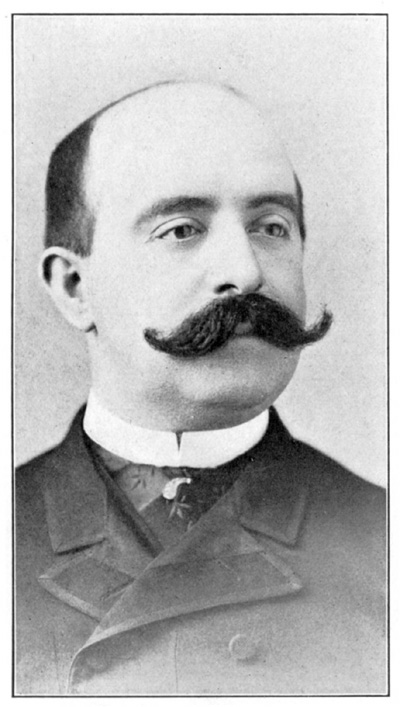Recently I had a great discussion with my coworkers. I admit that I could be living in / advocating a
libertarian
utopia... or...maybe America from 1776 - 1913. As with most arguments we meandered from one topic to the next because they tied into the main argument. A discussion about voter initiative became a talk about secession, became the
10th Amendment
, became the giving up rights for security. It got a little heated. At one point one guy shouted, "My Rights! My Rights! My faggoty rights!" We backed off to let things cool down.
It was a good argument. Of course it's academic in so far as the changes that I advocated are not going to happen because they are too extreme for most contemporary Americans. It was a lot of what if's. I'm interested because I think most of my coworkers maintain a centrist point of view. That's where most of my countrymen are. I too was like that or even quite
liberal in the past, until I reread the Constitution.
Here's how it went...

I started off with
smoking laws and how they infringe on the rights of smokers and business owners to decide where it's ok to smoke. I don't mean that smokers should be able to smoke anywhere, but if a restaurant, a private establishment, is forced to eliminate smoking, then that may affect their business. The business could clearly state that their place is a smoking restaurant or club. Then the non-smoker has the freedom to choose to enter or not. By creating these nanny state laws, the government removes freedom of choice for non-smokers and infringes on smokers' and business owners' rights. I mean, it's not like a smoker can choose to enter a non-smoking restaurant or not. Once all establishments are decreed to be non-smoking, then there isn't any avoidance. This is no different than requiring that all establishments are designated smoking areas. Despite not gaining a pure acceptance of this point, I continued.
I proceeded to marijuana, or more specifically,
Proposition 19 in California. Now this was an easy sell. Most agreed that the federal government should legalize marijuana and tax it. It's a harmless substance, it's safer than smoking or drinking, and its a victimless crime. It's interesting to see the differences in attitudes towards smoking tobacco (a legal substance) versus marijuana (currently an illegal substance)! What if people wanted to smoke mj in a special bar? I guess they can't because of smoking bans. So if you agree that smoking law infringe on people's freedom of choice, then you should agree that marijuana laws do so as well. If you agree with one but not the other, then there is a cognitive dissonance that needs to be reconciled, not simply rationalized away.
Next I focused on
voter initiative. The people of a state can decide how they want to enact or repeal laws based on popular vote vs state legislative bodies. I think its very American! If Prop 19 should pass then the people of California have spoken and marijuana will be legal despite being in conflict with federal laws. According to the Constitution, specifically the 9th and 10th Amendments, this should overrule any federal law no matter what the
Attorney General may say. I think most of my coworkers with with me insofar as voter initiatives are a tool for the people to make changes at the local level. It was a bit much for them to accept a state overruling federal laws. I suppose I'll have to come up with a future discussion or article about the
Supremacy Clause in the
Constitution
.
So far this makes sense right? It's reasonable, right? Personal freedom to smoke in designated areas or leave, personal freedom to smoke marijuana, voter initiative to legalize a substance that the federal government decreed is illegal. Now, here's the great leap...
What if there were a voter initiative to seceded from the union? o.0 Whoa!
If you agreed with me so far, then it shouldn't be too much to think about the next step. I also argued, that if the several states
created the federal government to protect its rights and freedoms, AND if the federal government does not do its job (like with what's happening in Arizona and illegal immigration) or assumes to many powers (
Patriot Act
,
undeclared wars
,
abuse of eminent domain
) then the states should be able to
decide for themselves if they'd like to continue with this contract
. Apparently, this idea is too extreme for my coworkers and probably most Americans...for now.














